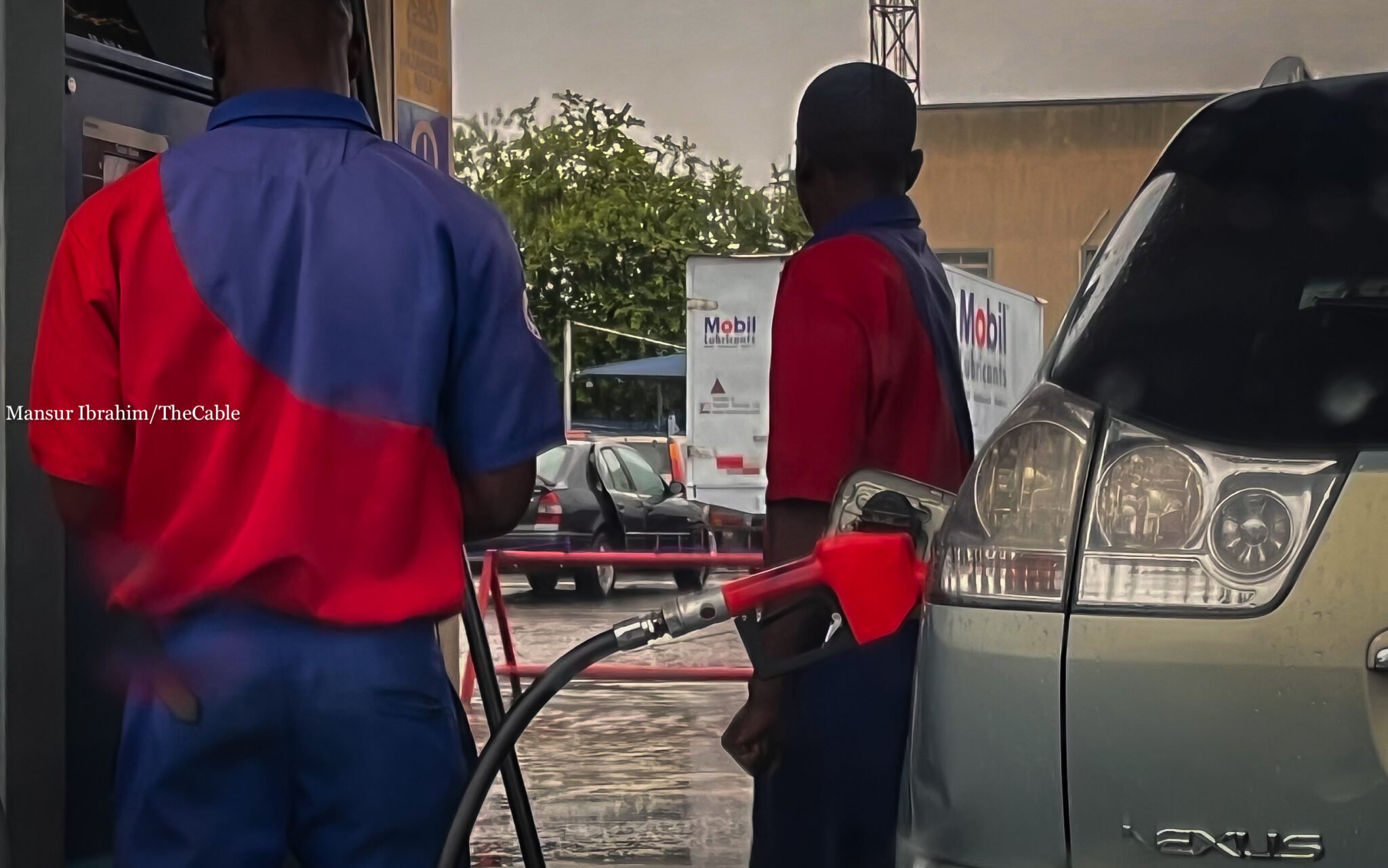The National Orientation Agency (NOA) has lauded President Bola Tinubu for addressing the “economic error” that has plagued Nigeria for over 50 years.
In its weekly publication released on September 19, NOA said Tinubu’s reforms — particularly the removal of subsidy and the unification of foreign exchange (FX) windows — have set the nation on a path to economic realignment, market efficiency, and productivity.
“It is clear that the federal administration has undone the economic error that continued to haunt the national economy since 1973 till the second half of 2023,” the agency said.
“The federal administration of president Tinubu, by the twin policies of subsidy removal and harmonisation of foreign exchange transactions windows, has realigned the economy for market efficiency, increased revenue generation momentum and productivity.”
The agency said the root of the problem was the 1973 decision to treat Nigeria’s crude oil reserves not just as an economic asset, but as a vehicle for social intervention.
The organisation said at the time, crude oil was sold domestically at $1.93 per barrel while the international market priced it at $3, offering a 35.7 percent subsidy to local consumers and refiners.
The approach, according to the NOA, was initially adopted to spur industrialisation, promote regional development, and control inflation.
“However, the subsidy element was drastically reduced to 2 percent in 1978 when the international price of crude oil rose to $14.10 per barrel,” the agency said.
“In line with the subsidy regime, the government adjusted the price of crude oil to domestic refineries to $13.80 per barrel.
“The international price of oil rose to $40 per barrel and because there was no corresponding adjustment in the price to local refineries, the subsidy element naturally amplified to 65.5 per cent.
“But when the export price of crude crashed to $15.11 per barrel in 1988, the price of crude to local refineries dropped to $2.0 per barrel.
“At that price, the subsidy element increased to 86.8 percent, and signposted the turbulence that will characterise the national economy and the inappropriateness of the economic model derived from this policy going forward.”
‘REFORMS DISRUPTED ECONOMY BUT EXPOSED FLAWS’
Upon assuming office on May 29, 2023, the report said Tinubu declared an end to the petrol subsidy regime and swiftly moved to unify Nigeria’s multiple FX windows.
The two decisions, according to the NOA, shifted the economy towards a more market-oriented system, replacing the artificial controls that had hindered Nigeria’s development for the past five decades.
While acknowledging the short-term pains, the agency insisted the reforms were necessary to eliminate distortions and restore market credibility.
“In the immediate, these reforms, considered radical by some analysts, unleashed the long-held-down power of market forces on the Nigerian economy and understandably disrupted the economy, resulting in rapidly increasing prices of goods and services,” NOA said.
“From our perspective, these rapid changes in prices established the artificiality that underlines the national economy and defines the superfluity inherent in it. This has, in many ways, constrained growth and development over the years.”
‘SIGNS OF ECONOMIC RECOVERY EMERGED BY Q1’
The agency said signs of economic recovery began emerging by Q1 2025, with inflation dropping to 21.88 percent by July, down from 34.8 percent in December 2024.
The report noted that the unification of the FX window, while causing the naira to depreciate from N460/$ in June 2023 to N1,535/$ by the end of 2024, also exposed Nigerian companies to significant FX translation losses and higher interest costs, which in turn reduced shareholder value on the Nigerian Exchange.
The agency noted that agricultural exports rose by 65 percent year-on-year to N1.7 trillion in Q1 2025, pushing agriculture’s share of total exports to 8.3 percent.
The report said six months into the implementation of the 2025 budget, five major revenue-generating agencies had already brought in over N21.22 trillion—representing more than half of the federal government’s N36.35 trillion full-year revenue target.
NOA said the Federal Inland Revenue Service (FIRS) led the way with N13.76 trillion, followed by the Nigerian Upstream Petroleum Regulatory Commission (NUPRC) with N5.21 trillion, and the Nigeria Customs Service (NCS) with N2.02 trillion.
The ministry of solid minerals development and the Nigerian National Petroleum Company (NNPC) Limited were said to have contributed N32.39 billion and N6.96 trillion respectively.
The agency said the progress indicates that the administration is on track to exceed its fiscal year goals, provided the current momentum continues.
Stay ahead with the latest updates!
Join The Podium Media on WhatsApp for real-time news alerts, breaking stories, and exclusive content delivered straight to your phone. Don’t miss a headline — subscribe now!
Chat with Us on WhatsApp







